
… first phase launched across nation
In a major leap towards modernizing public service delivery, the government has launched the first phase of the digital platform for the Rent Control Department.
This milestone is expected to improve the accessibility, efficiency, and transparency of services between landlords and tenants across the country.
The platform was unveiled on Thursday, marked a significant moment for Ghana’s housing sector, aiming to alleviate long-standing inefficiencies in the Rent Control Department’s manual processes.
Speaking at the event, Dr. Prince Hamid Armah, the Deputy Minister for Works and Housing, emphasized the importance of the platform as part of the government’s broader strategy to ensure that public services keep pace with the digital age.
“This is not just the unveiling of a new technology but the beginning of a bold new chapter in Ghana’s drive toward modernization, efficiency, and inclusivity in our rental housing sector,” Dr. Armah said.
He noted that the Rent Control Department has long been tasked with maintaining harmony between landlords and tenants, but manual operations had hindered its ability to deliver services effectively.
“For too long, the manual processes of the Department have caused delays, frustrations, and inefficiencies for all involved,” he added.
The project’s origins can be traced back to July 15, 2020, when Vice President Dr. Mahamudu Bawumia visited the Rent Control Department and witnessed first-hand the challenges that citizens faced.
Dr. Armah recalled that on that day, the Vice President encountered long queues of people waiting for services, leading him to pledge to digitize the department’s operations.
“It was then that the Vice President made a promise—one that would turn frustration into progress, inefficiency into empowerment,” he said.
The Ministry of Works and Housing, in partnership with SuperTech Limited, a leading technology firm, embarked on the digitization process. The project’s first phase has successfully digitized 15 Rent Control offices across 11 regions, allowing Ghanaians in both urban and rural areas to access rental services more easily. Offices in major cities such as Accra, Cape Coast, Kumasi, and Tamale are among those now equipped with the new system.
“This phase covers the digitization of 15 offices across 11 regions of Ghana, allowing landlords and tenants to access services from major cities and towns, no matter where they are,” Dr. Armah stated. The initiative reflects the government’s commitment to decentralizing services, ensuring that no citizen is left behind due to geographic limitations.
The digital platform, available at rentcontrol.mwh.gov.gh, offers a range of services, including the ability to register properties, file complaints, and resolve disputes online, eliminating the need for in-person visits. Additionally, digital tenancy agreements can now be processed electronically, and unique digital property addresses will be assigned to all rented properties, making the rental market more organized and transparent.
Dr. Armah highlighted the wide-reaching benefits of the platform, noting that the automated processes would ensure faster service delivery, transparency, and real-time updates for users. “The new system will allow landlords and tenants to interact with the Department online, eliminating the need for in-person visits,” he explained.
The platform will also enable landlords to advertise properties digitally, while tenants will benefit from improved search functionalities, making the process of finding rental accommodation more seamless.
These advancements, according to Dr. Armah, are poised to level the playing field for all citizens, particularly those in remote areas who have previously struggled to access rent-related services due to distance or time constraints.
“This platform brings justice, fairness, and efficiency to the doorsteps of every Ghanaian, regardless of where they live or their financial circumstances,” Dr. Armah said, emphasizing the equalizing nature of the initiative.
He assured Ghanaians that this is only the beginning, with plans in place to extend the digital platform to all 16 regions of the country.
In addition to the convenience the platform provides, it is also expected to contribute to a cultural shift in how public services are perceived and delivered. Dr. Armah explained that the platform is a symbol of the government’s commitment to transparency, accountability, and the empowerment of all citizens. “This is more than just a technological shift; it is a cultural shift—one that reflects our government’s commitment to transparency, accountability, and the empowerment of all citizens,” he remarked.
The Deputy Minister concluded the ceremony by unveiling the digital platform, urging all Ghanaians to embrace the new system and take advantage of its capabilities. “Let this be a testament to our government’s commitment to delivering on its promises and to building a more just, efficient, and prosperous Ghana,” he stated.
The Rent Control Department’s digitalization represents a significant step forward in Ghana’s journey towards digital transformation. By providing an efficient and accessible service for landlords and tenants, the platform is expected to ease the rental process, reduce bureaucracy, and promote a fairer housing system for all.
The post Rent Control goes digital appeared first on The Business & Financial Times.
Read Full Story
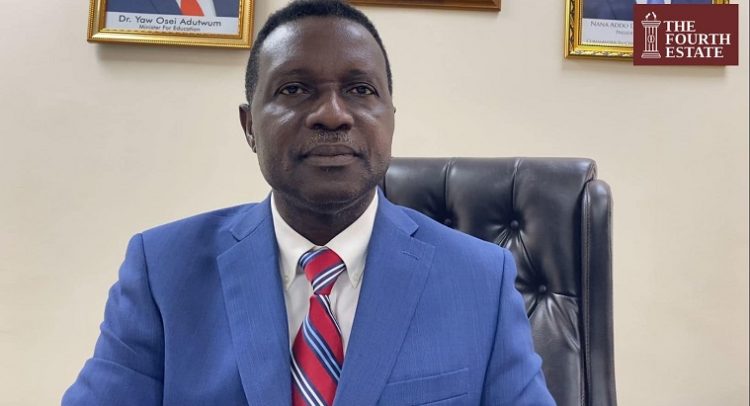
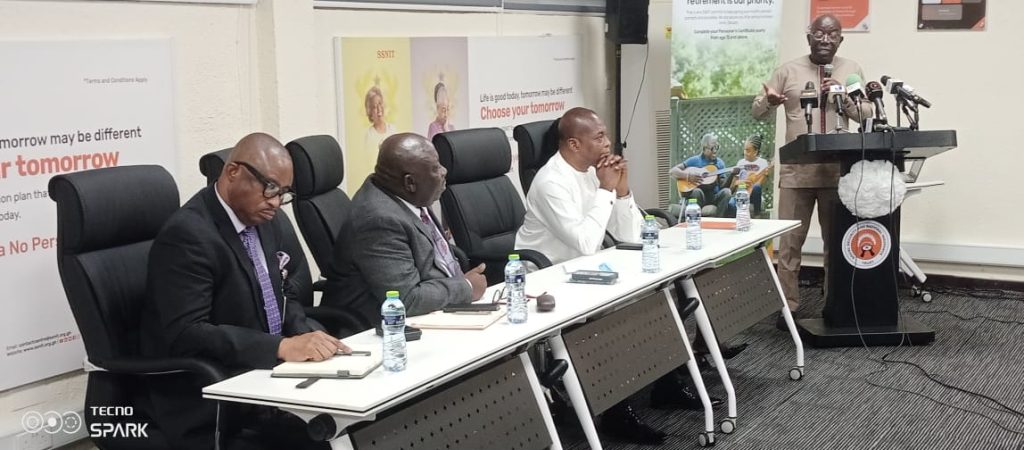

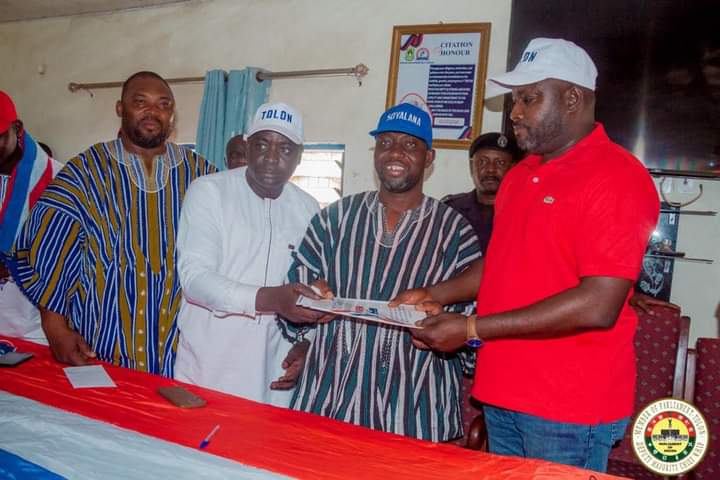



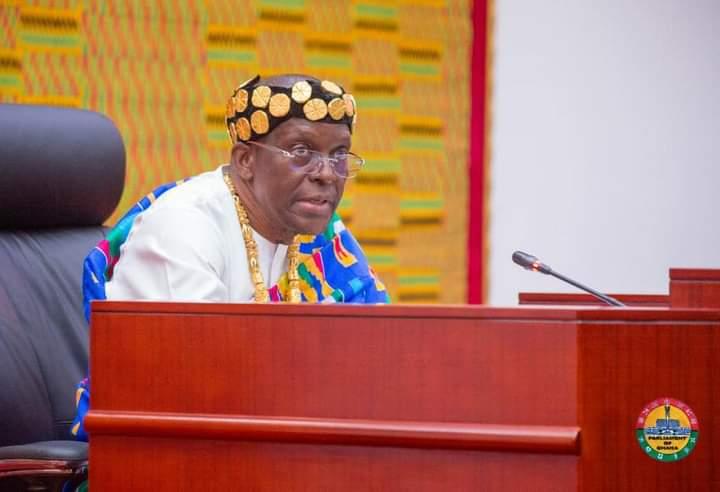
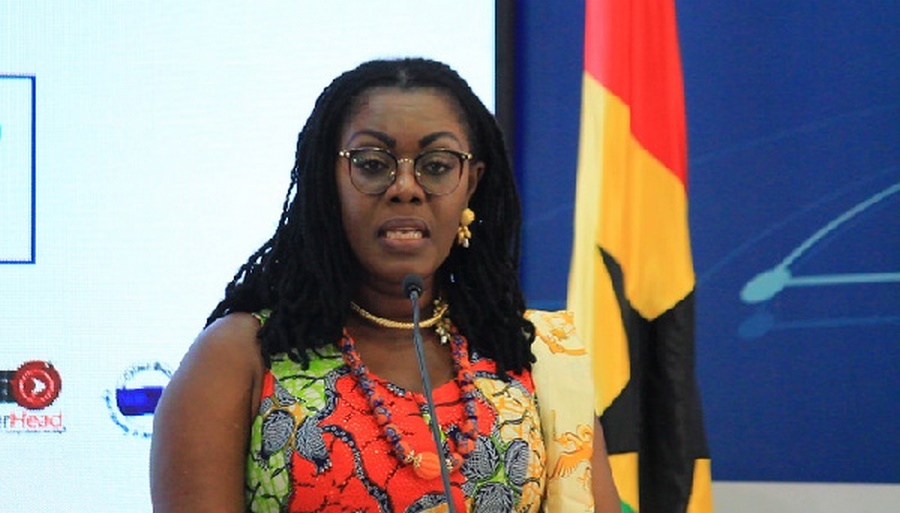





Facebook
Twitter
Pinterest
Instagram
Google+
YouTube
LinkedIn
RSS